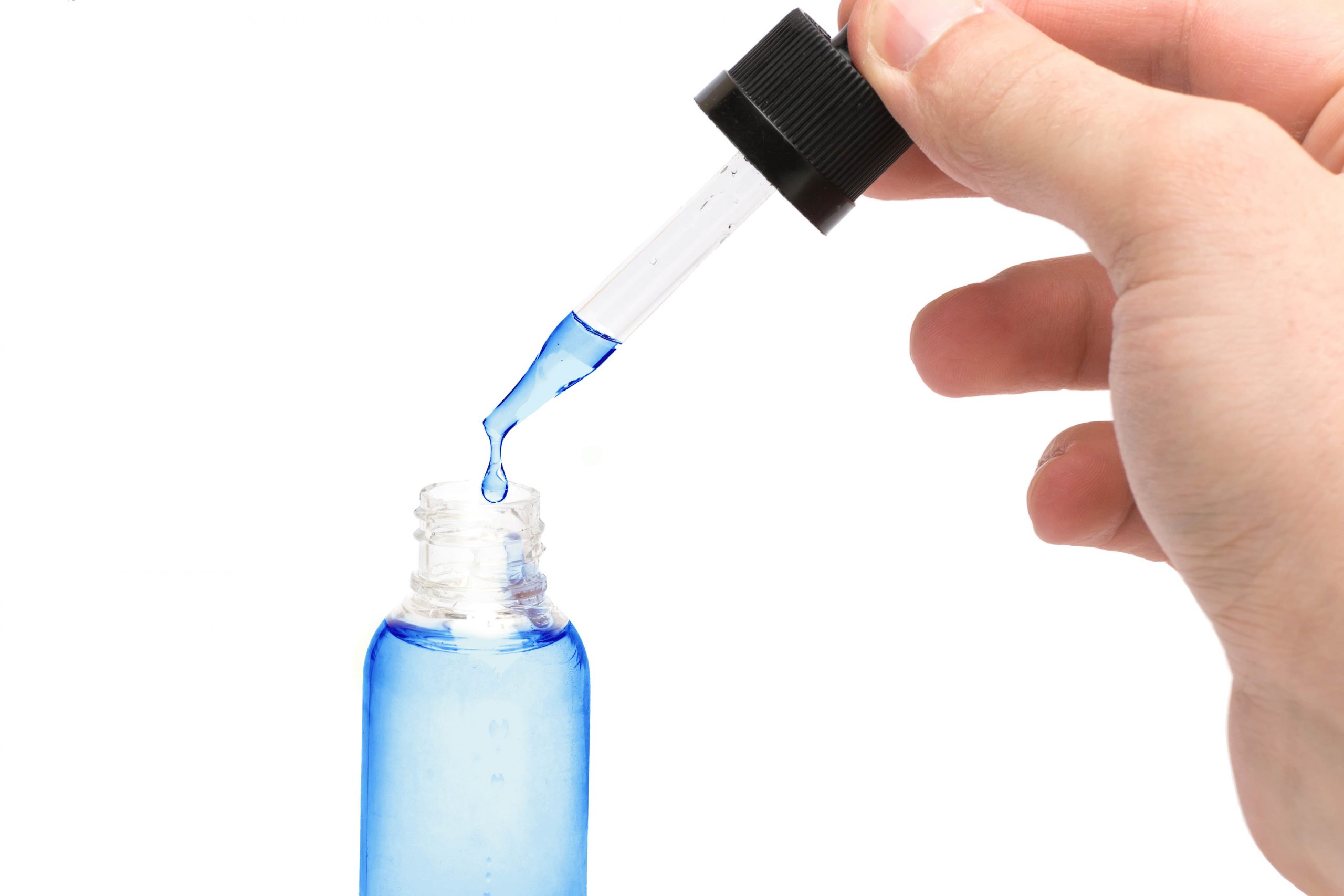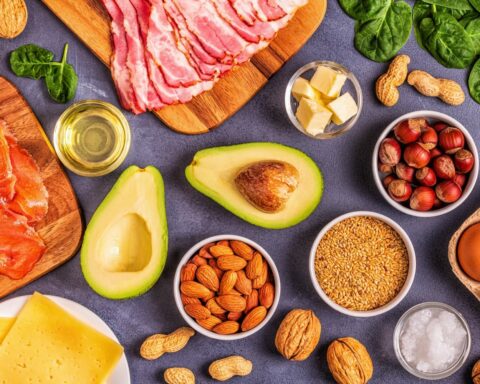Also referred to as glycerin or glycerol, vegetable glycerin is characteristically a clear, odorless, and sweet liquid. It is widely used for various purposes due to its health benefits.Learn how glycerin is used, its health benefits and potential side effects.
Vegetable glycerin is usually obtained from coconut oils, palm oils, or soybean. Many manufacturers normally use glycerin in making products like cosmetics, pharmaceuticals, and skincare products.Vegetable glycerin is also included as an ingredient in many food products to increase taste and moister. It is also believed that glycerin may be benefits the body in a few ways such as improving skin and digestive health. However, this sweet liquid may also cause severe reactions in some people.
This article will explain how glycerin is used and discuss its health benefits and potential side effects.
What Is Vegetable Glycerin?
Glycerin can be obtained from petroleum, plants, or animal products. However, vegetable oil is typically obtained from plant oils. In the factories, glycerin can also be produced synthetically.
For vegetable glycerin, it is simply a byproduct of some chemical reactions in the industry. Manufacturers heat vegetable oil from triglyceride plants in a process called saponification or transesterification where in both cases, lye or any other strong alkali is added.
With this high-heat pressure heating, glycerin is separated from the fatty acids. To make it odorless and give it its properties, glycerin is then mixed with water.
Common Uses of Vegetable Glycerin
Common uses of glycerin are usually seen in cosmetics, pharmaceutical, and food industries. As for cosmetic uses, it is included in different cosmetic products such as mouthwash, shampoos, and lotions. Back in 2014, the Voluntary Cosmetic Registration Program which is an affiliate organization of the United States Food and Drug Administration (FDA) reported that out of the most commonly used ingredients in cosmetic products, glycerin is third in the list.
Glycerin can also be used in food products. This is because glycerin can preserve and sweeten foods and drinks. In addition, glycerin acts as a humectant in foods. For this reason, the manufacture of various foods uses it to increase moisture in foods.
Glycerin is also an important ingredient in the pharmaceutical industry. Here, glycerin is used as a lubricant and humectant. Manufactures, therefore, use it to make drugs for pain, heart diseases, coughs, lozenges, suppositories, and expectorants.
Potential Health Benefits of Vegetable Glycerin
The use of vegetable glycerin is thought to come with many health benefits. The only problem is that these a few of these studies are backed with science.
1. May Help Moisturize the Skin
The natural properties of glycerin make it effective at moisturizing the skin. It is a lubricant and acts as a humectant, which can help your skin retain its moisture. According to Wiley Online Library, glycerin has the ability to diffuse into the stratum corneum – the deep layer of dermis thus moisturizing the skin. This explains why glycerin is mostly used in topical products.
Two different studies conducted in 2017 by the National Center for Biotechnology Information, stated that glycerin may help reduce skin dryness as well as improving the barrier function of the skin, both of which help maintain the health of the skin.
Furthermore, one small mouse study conducted in 2015 by the National Center for Biotechnology Information, found that glycerin has anti-irritant and anti-inflammatory properties.
Therefore, glycerin may help reduce skin irritation, ward off skin infection, and promote wound healing.
2. May Help Reduce Constipation
Being constipated can be frustrating. Constipation is usually characterized by the painful passing of hard stool. Using glycerin may help reduce chronic constipation.
It works by drawing water from the intestinal walls into the gut. With its laxative effect, it makes it easy for digested food to move easily through your gut. You can apply as a suppository, where a drug is applied through the anus into the rectum.
One study found that applying vegetable glycerin as a suppository was more effective than other types of laxatives at treating constipation caused by prolonged use of analgesics.When used as an enema, vegetable glycerin was effective at relieving constipation up to 16.5% than liquid soap enema.
3. Vegetable Glycerin for Hydration and Athletic Performance
Some few and small studies have found that the use of vegetable glycerin by athletes may increase their performance especially by keeping them hydrated.
Fluid loss can result in dehydration which can directly have a negative impact on the performance of an athlete. Typically, large volumes of fluids are lost through urination and sweating. Staying hydrated is important. When glycerin is consumed especially by physically active people, it can enhance retention of fluid and reduce the amount of urine. It is also more effective at maintaining hydration in athletes than sports drinks.
In as much as it may help keep an athlete hydrated, consumption of glycerin may as well lead to increased body weight.Another research supporting these claims found that concomitant consumption of glycerin and creatine helped endurance runners improve their performance. However, it led to an increase in body weight as more fluids were retained in the body.
Potential Side Effects of Vegetable Glycerin
- The use of vegetable glycerin has been and is considered safe all round. However, in some people, it may result in allergic reactions especially when applied directly to the skin. A study by the National Institutes of Health found that when glycerin is used as an enema it may cause a skin rash.
- Some people also use it as a vaginal lubricant for sex, but this has been associated with a yeast infection.
- Oral use of glycerin may also cause nausea, mild headache, vomiting, diarrhea, dizziness, and thirst.
To avoid these side effects, it may be wise to start using glycerin in small amounts. You can as well do a patch test on your skin for sensitivity.
Conclusion
Vegetable glycerin is a sweet, odorless liquid that is obtained from triglyceride-rich plants like coconut oil. It is used for cosmetic, food, and pharmaceutical purposes. Glycerin may benefit athletes by keeping them hydrated. However, it can cause nausea and vomiting in some people.
- Bell Peppers 101: Nutrition Facts and Health Benefits - April 19, 2024
- Products That Assist with Stress Relief - September 21, 2023
- TRÈFLE – THE ROAD TO THE 15TH - July 29, 2023









